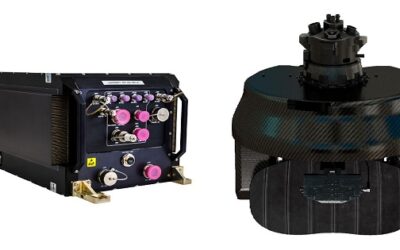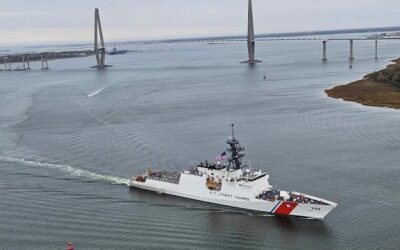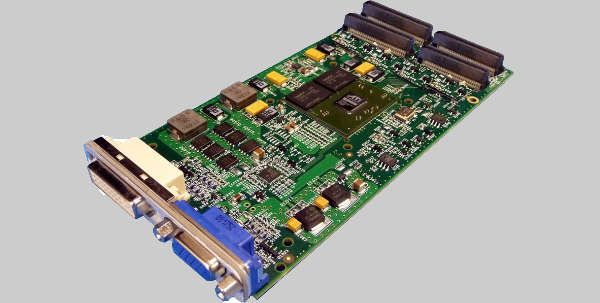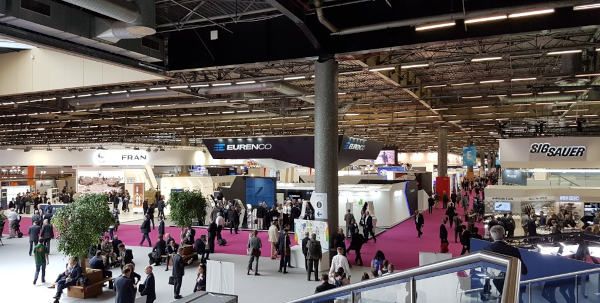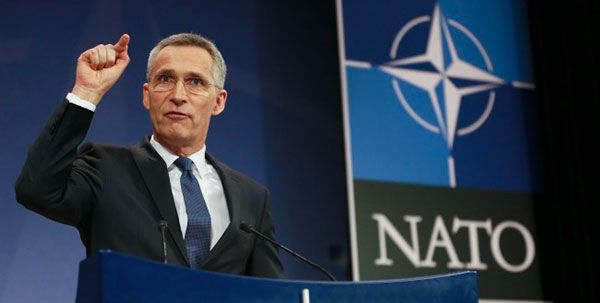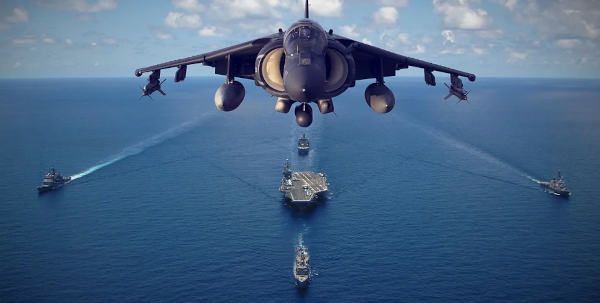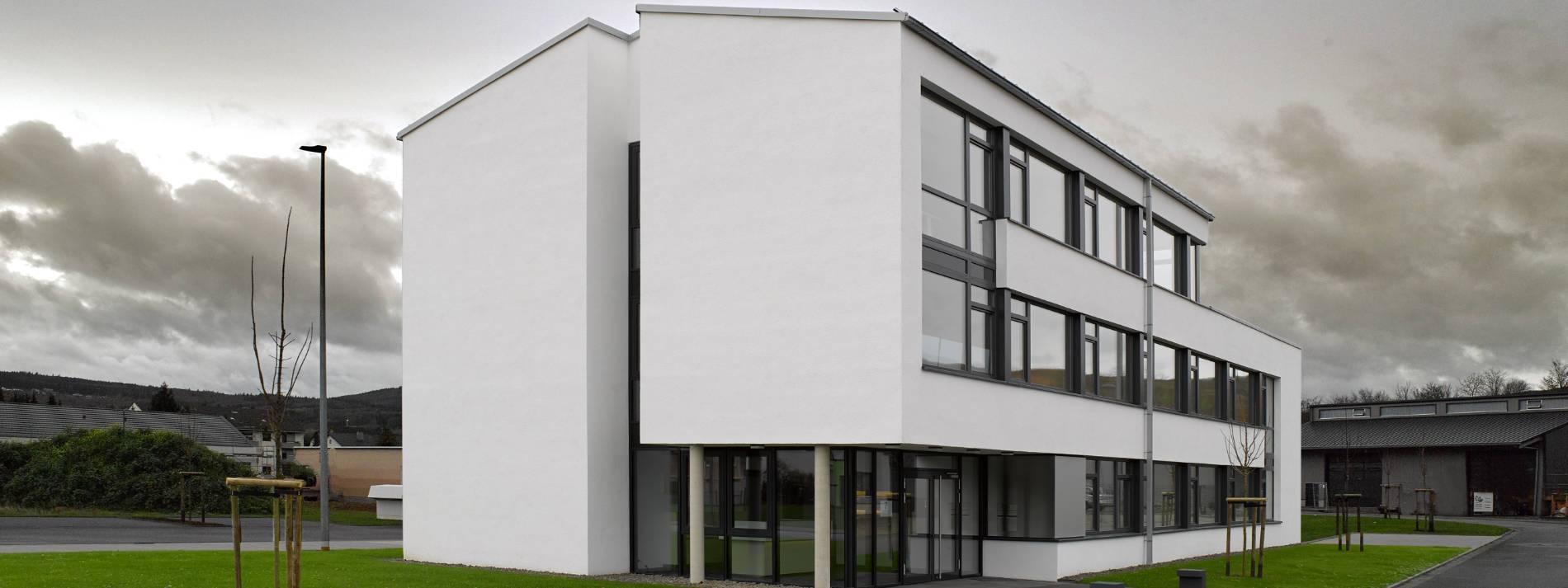Military Engineering (MIL ENG) NATO Centre of Excellence (CoE)
From 29 November until December the Military Engineering (MIL ENG) NATO Centre of Excellence (CoE) carried out the yearly Information Exchange Seminar (IES) at the German MIL ENG school in Ingolstadt/Germany. Part of that IES is a one day “Industry Day” – an industry show with solutions and new products for the MIL ENG community. This year for the first time there was also a Bridging Symposium. Bridging is one of the main capability gaps inside NATO. At his occasion Colonel Jacques O’Keefe, ACOS GENG/Chief Engineer from the NATO Allied Land Command Headquarters in Izmir, Turkey gave an insight. Followed by several industrial presentations.
Janson Bridging from the Netherlans introduced the idea of: Availability instead of ownership, Janson’s effect based new cooperation concept for bridging solutions.
As a rule, Armed Forces prefer their equipment in stock. A sensible thought considering the need for immediate availability in case of crisis. However, in recent years, European professional armies have found it more and more difficult to procure modern materiel in sufficient quantities. An obvious reason for this seems to be that many national defence budgets are not up to the 2%-norm agreed upon. One could therefore argue that the expected rise in defence expenditures in forthcoming years will certainly broaden the available scope of investment for many of the European Ministries of Defence. However, the question is whether increased budgets will solve the investment problem in the long term. Indeed, modern professional armies have very high exploitation costs and the state-of-the-art complex weapon systems are very expensive. One could therefore argue that limited investment budgets are not merely a temporary problem easily solved by simply spending more money. It is a permanent and fundamental problem to be solved by permanent and fundamental solutions.
One of those fundamental solutions is the operational leasing of equipment. Especially the equipment which is also in use in the civilian world. The big financial advantage is that an army can use the equipment immediately, while costs can be paid in instalments. An at least equally important operational advantage is that in this way military organisations will always have state-of-the-art equipment at their disposal. And finally, it should be mentioned that operational leasing enables military organisations to contract out the maintenance of the leased equipment, making it possible to deploy more direct combat power. In some European armies leasing of equipment has already been implemented, be it on a small scale.
When thinking of operational leasing one tends to consider first equipment like trucks, excavators, in general non-tactical. However, bridges are another possibility, especially those for keeping open the Lines of Communication. At the beginning of 2016 Janson Bridging, the largest rental company for temporary and semi-permanent bridging systems in Europe, started offering the possibility of leasing LOC-bridges to military and civilian security organisations. The company not only offers the panel bridge type, well-known to every engineer, but its whole range of fixed and floating bridging systems. For many engineers this offers new and perhaps unknown technical possibilities, because a toolbox of modern certified systems will become available to them.
However, Janson goes one step further. Specifically, for those defence and security organisations operating in the European theatre an innovative concept for cooperation is offered. It is based on Janson’s capabilities in the rental market. The premise of the concept is to ensure during training, conflicts or natural disasters availability of LOC-bridging systems without the need of ownership. The idea behind the concept is that whenever demanded Janson can simply make this kind of systems available out of its large rental stocks. The “availability instead of ownership”- concept is based on agreements between Janson and the army in question regarding desired span, MLC, Notice to Move, transport, hoisting support, training and knowledge transfer. The latter are explicitly part of the concept because it is assumed that military engineers are responsible for building the civilian bridging systems at location. If desired or necessary Janson can and will of course deploy supervisors.
Janson emphasizes that an important element of the concept is that it is not based on one specific type of bridge, but on the effect required. This entails that Janson’s engineering department on demand quickly will design and calculate for every specific situation the optimum bridging solution from the European stocks available at that moment in time.
Costs along the lines of the concept are limited to a yearly fee payable to Janson to guarantee – in conformity with the agreed terms – the availability of the agreed bridging solution at any time. Obvious benefits of the concept are: no investment costs, low cost of ownership (no stock costs, no maintenance costs), proven and robust technology and a toolbox of modern certified bridging systems as well as the latest innovations at the disposal of military engineers.
Janson’s proposal is not new. Military organisations have already for years considered that they must fall back on civil capabilities in times of crisis. The new element in the concept is that a possible support from the business community is already prepared, agreed upon and trained for in the cold phase. Janson is proud that one European nation already values the concept and together with Janson is giving further shape to this new way of cooperation between industry and defence organisations.



